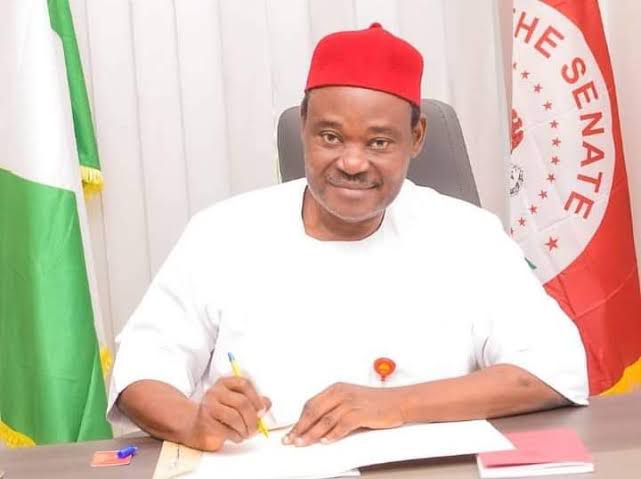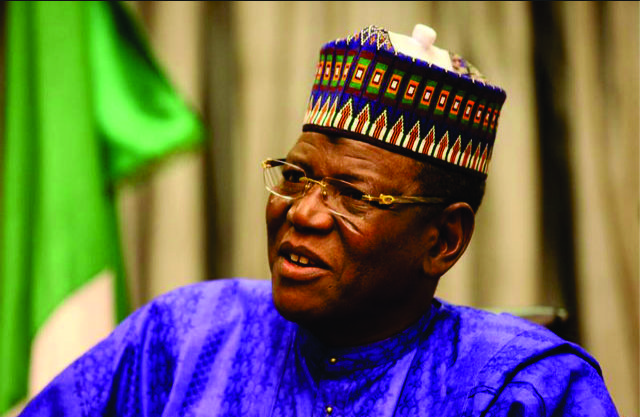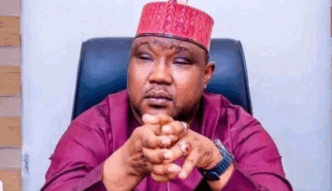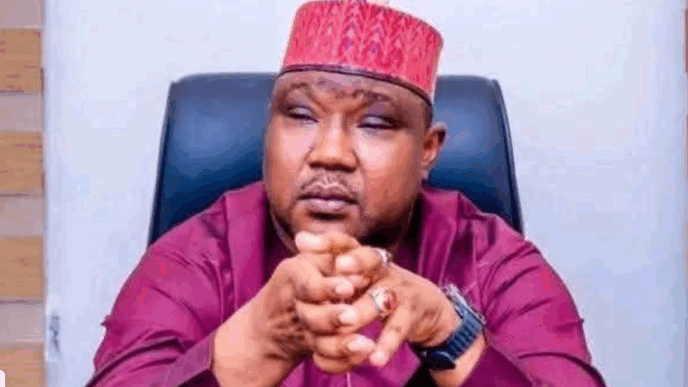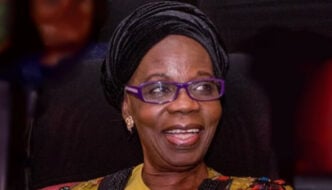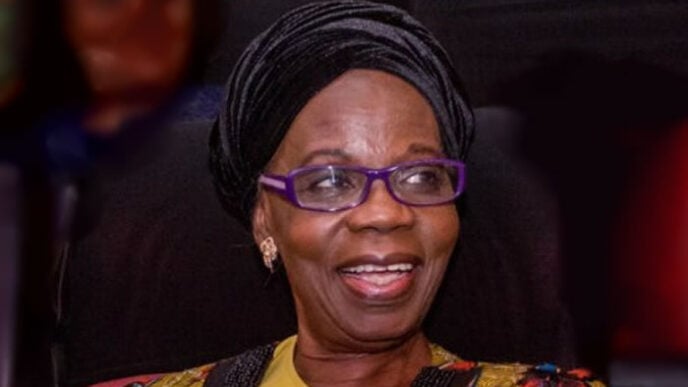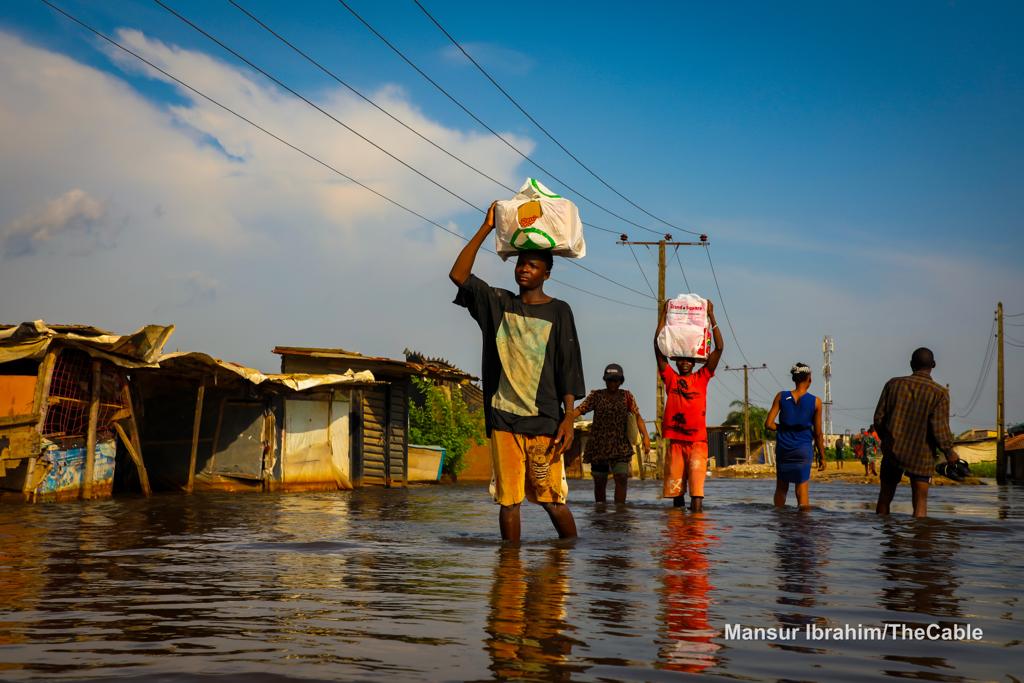Jimoh Ibrahim, senator representing Ondo south, has defended President Bola Tinubu over the delay in appointing ambassadors, citing financial constraints as a key factor.
In September 2023, Tinubu directed the recall of all career and non-career ambassadors serving in different countries.
Since then, the president is yet to appoint new ambassadors.
Speaking on Prime Time, an Arise Television programme, on Tuesday, Ibrahim expressed confidence that the president will soon appoint ambassadors.
Advertisement
He said Nigeria was facing serious financial challenges when the current administration took office, adding that ambassadorial appointments require funding.
The lawmaker said Tinubu is dealing with numerous pressing issues and must prioritise accordingly.
“I’m sure the president will soon appoint ambassadors. Ambassadorial appointments require funding. Nigeria was in a financially dangerous lane when this government came in,” he said.
Advertisement
“There are lots of problems on the president’s table. He has to look at top priority, very important issues.
“And if you say the appointment of ambassadors is a top priority that must be solved now, when the embassies are not collapsing and they are still there, you need to get it right.
“So, you have to use money for other things that are of pressing need and save money to get the ambassadors. But that’s not a justification not to have the ambassadors because the ambassadors are very important appointments in the political system.”
On the recent visa issues with the United States (US), Ibrahim described the situation as part of “deliberate provocative policies” in international politics.
Advertisement
Last month, the US announced a major change to its visa policy for Nigeria, reducing the validity period and entry allowance for most non-immigrant and non-diplomatic visas issued to citizens.
The US embassy in Nigeria said most of the affected visas would now be limited to single entry with a three-month validity period.
Addressing the matter, the senator said reciprocity is important in diplomatic relations, noting that immediate confrontations are not always the best approach.
The senator said the ministry of foreign affairs should engage diplomatically with the US to clarify the matter.
Advertisement
“There are deliberate provocative policies that can trigger reactions when you don’t want to react to some issues in international politics. So, the issue is that the ministry of foreign affairs needs to write to the US to ask what is happening,” he said.
“You have to understand that we do things in a reciprocal way. You just don’t come up and say because the US said your visa is dropped to three months, you too will immediately confront the USA to say your visa is dropped to three months.
Advertisement
“What is happening is that as soon as the ambassadors are appointed, they will hold briefs with their foreign counterparts and resolve it.”
Advertisement

